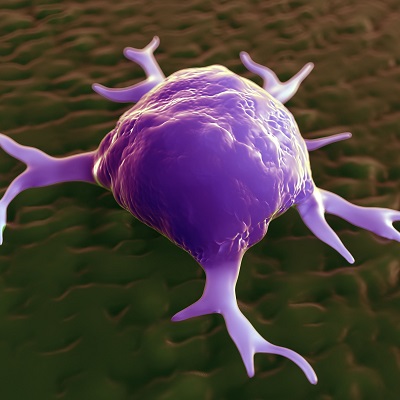November 15, 2022 -- Scientists at the University of Edinburgh have discovered that bacteria linked with leprosy can reprogram cells to increase the size of a liver in adult armadillos without causing damage, scarring, or tumors.
In a study published November 15 in the journal Cell Reports Medicine, the researchers make the case that their discovery has the potential to help develop interventions for aging and damaged livers in humans, which result in two million deaths around the world annually.
The research team infected 57 armadillos with the leprosy-causing bacteria Mycobacterium leprae and compared their livers with those of uninfected armadillos and those that were found to be resistant to infection. They discovered that the infected animals developed enlarged but healthy, unharmed livers with the same vital components as the uninfected and resistant armadillos.
"We showed that bacteria-induced in vivo partial reprogramming significantly increased liver size with sustained function and architecture but without damage, fibrosis, or tumorigenesis during the establishment phase of infection. We define which cell types promote this organ growth and show that healthy liver lobule number, not size, with a proportionate expansion of the hepatocyte mass and vascular and bile ductal systems, is responsible," the study's authors wrote.
The researchers reported several indicators that the main kinds of liver cells -- called hepatocytes -- had reached a "rejuvenated" state in the infected armadillos and that their livers also contained gene expression patterns like those in younger animals and human fetal livers.
The study's findings suggest the possibility of adapting such a natural process to renew aging livers and increase in humans the length of time living disease-free.
Copyright © 2022 scienceboard.net









